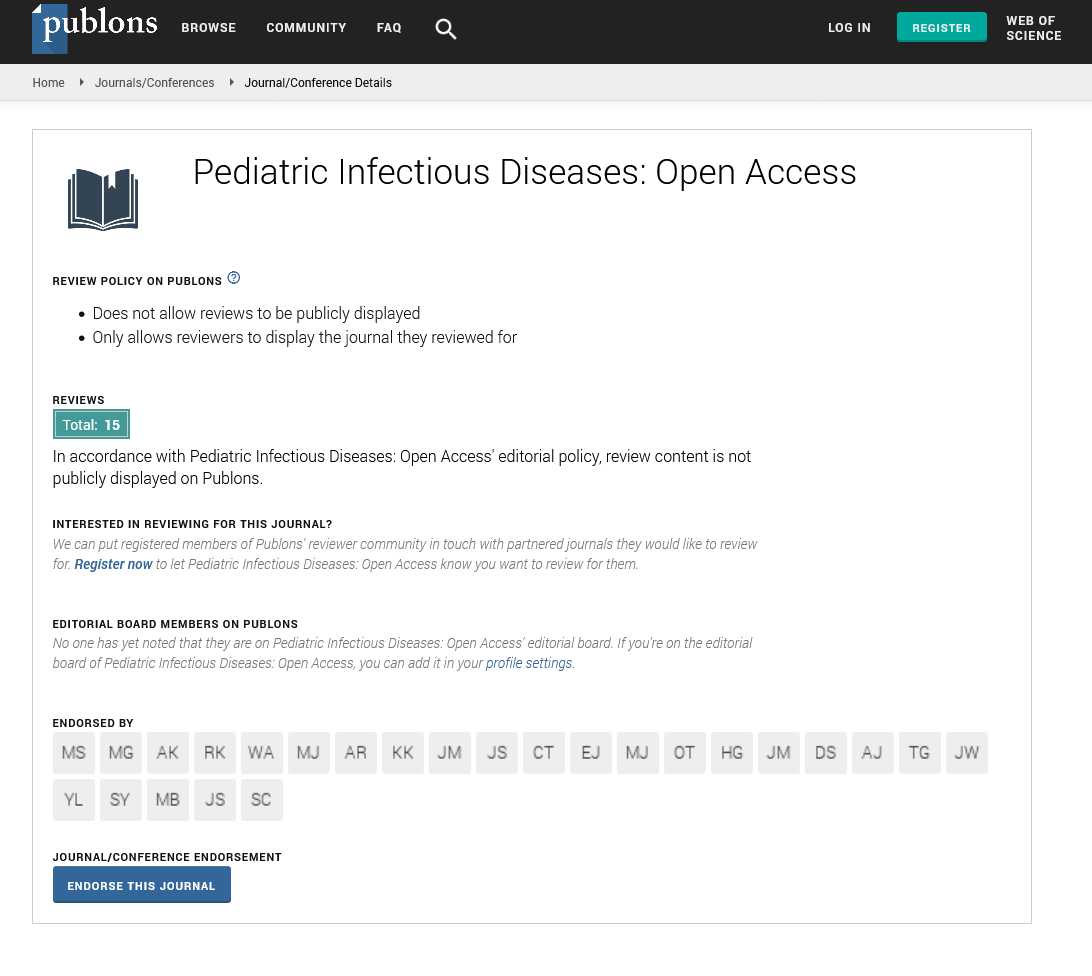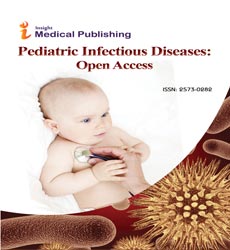Abstract
Efficacy and Effectiveness of Rotavirus Vaccine on Incidence of Diarrhoea among Children: A Meta-analysis
Background: Introduction of rotavirus vaccines has resulted in a decrease in rotavirus related mortality and morbidity. We sought to conduct a meta-analysis to estimate the effect of rotavirus vaccine on incidence of diarrhoea.
Methods: The MEDLINE database was searched through PubMed interface using both textword and subject headings (MeSH). The search strategies were [“rotavirus vaccine effectiveness” or “rotavirus vaccine efficacy” or “rotavirus vaccine eff*”]. The reference lists of the most recent studies identified by the search were checked for additional studies (if not already retrieved). We included both randomised trials and observational studies, which investigated the effect of rotavirus vaccine on incidence of diarrhoea.
Results: There was strong evidence of vaccine efficacy (70%) on incidence of diarrhoea (Pooled risk ratio (pRR)=0.30; 95% confidence interval (CI)=(0.24,0.38); p<0.0001), with much lower vaccine efficacy (63%) in low-middle income countries (LMICs) (pRR=0.37; 95% CI=(56,69); p<0.0001). When restricted to severe diarrhoea outcome, we found 74% vaccine efficacy (pRR=0.26; 95% CI=(0.19,0.24); p<0.0001). For vaccine effectiveness in LMICs, we found 53% vaccine effectiveness (pRR=0.47; 95% CI=(0.36, 0.62); p<0.0001) for 1 dose; 61% effectiveness (pRR=0.39; 95% CI=(0.32, 0.47); p<0.0001) for 2 doses and 72% effectiveness (pRR=0.28; 95% CI=(0.14, 0.56); p<0.0001) for 3 doses.
Conclusion: Incomplete dose series had lower vaccine effectiveness than vaccine efficacy in LMICs where health system capacity is low. However, a 3-dose series had similar effectiveness to vaccine efficacy, suggesting that a booster dose could present a potential benefit in LMIC.
Author(s):
Katayi Mwila-Kazimbaya, Samue Bosomprah, Michelo Simuyandi, Caroline C Chisenga, Roma Chilengi and Sody Munsaka
Abstract | Full-Text | PDF
Share this

Google scholar citation report
Citations : 230
Pediatric Infectious Diseases: Open Access received 230 citations as per google scholar report
Pediatric Infectious Diseases: Open Access peer review process verified at publons
Abstracted/Indexed in
- Google Scholar
- China National Knowledge Infrastructure (CNKI)
- Cosmos IF
- Secret Search Engine Labs
Open Access Journals
- Aquaculture & Veterinary Science
- Chemistry & Chemical Sciences
- Clinical Sciences
- Engineering
- General Science
- Genetics & Molecular Biology
- Health Care & Nursing
- Immunology & Microbiology
- Materials Science
- Mathematics & Physics
- Medical Sciences
- Neurology & Psychiatry
- Oncology & Cancer Science
- Pharmaceutical Sciences


